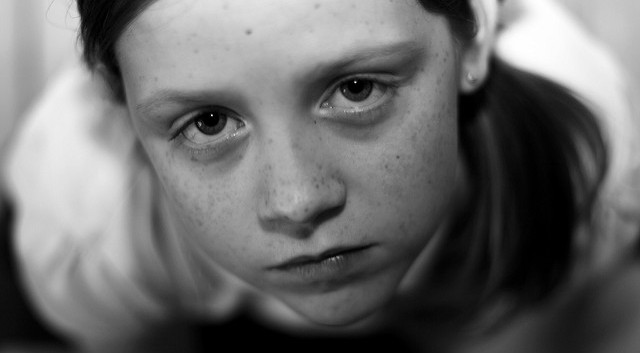How to Notice Early Warning Signs of Mental Illness in Kids
For the parents of teenagers, it may not come as a surprise when your child suddenly starts spending more time...
April 10, 2023
April 3, 2015

Young people who are victims of violence or bullying by their peers exhibit certain signals, including:
Similarly, kids engaged in risky and even violent behavior may:
What you can do
5 keys to helping kids avoid violence
Key #1
Young people respond well to a positive relationship with an adult who authentically cares. Kids need to be certain that someone understands them, values them and is interested in their lives. This can be a parent, a teacher, or a mentor —in short, this can be you. Studies show that children who have a positive relationship with an adult are far less likely to act out violently.
Key #2
No matter how much time you spend every spring—if you plant your roses in the middle of a busy road, they’ll never reach full bloom. Kids are no different—they need a safe environment and the right care in order to grow. Mercy Home provides its young people with a true feeling of safety and security so that they can focus on healing and on building their futures.
Key #3
Children who are loved, and who know they are loved, are more confident, have more respect for themselves and for others, and behave in a more socially-positive way.
Key #4
While exploring and even rebelling are just a normal part of growing up, all young people still secretly want—and need—to know where the limits are to their behavior. Having an adult create and maintain well-defined boundaries helps kids feel safer and more secure, and helps them grow into healthy and confident adults.
Key #5
Violence often stems from a lack of opportunity. This is true not only in terms of job, educational and recreational options, but of the chance for children to channel their emotions or frustrations in an acceptable way. At Mercy Home, our youth care staff is trained in de-escalation techniques to help kids act appropriately in response to their emotions in any given situation. We also provide the resources they need for long-term success and self-reliance, such as a good education and career training.
If you suspect that a child you know is experiencing serious violence or trauma, or is exhibiting behavior that threatens their future, please seek professional help. You can also refer a child to Mercy Home. We work to find the optimal solution for every child, either through placement in our residential program or through other resources in our extensive network of social service agencies. You are important to a child—and you can be the difference that keeps a child safe.
Photo credit: anthony kelly
For the parents of teenagers, it may not come as a surprise when your child suddenly starts spending more time...
April 10, 2023
And suddenly, you’re awoken by a sound that steals you from sweet sleep: The morning alarm. And with it, a...
January 26, 2022
There comes a day in every parent’s life when we must accept the inner wisdom of our children. We may...
January 6, 2022
Comments